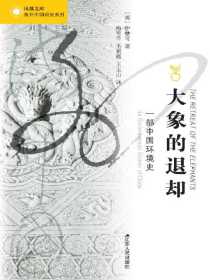类似推荐
内容简介
The disappearance of China’s naturally occurring forests is one of the most significant environmental shifts in the country’s history, one often blamed on imperial demand for lumber. China’s early modern forest history is typically viewed as a centuries-long process of environmental decline, culminating in a nineteenth-century social and ecological crisis. Pushing back against this narrative of deforestation, Ian Miller charts the rise of timber plantations between about 1000 and 1700, when natural forests were replaced with anthropogenic ones. Miller demonstrates that this form of forest management generally rested on private ownership under relatively distant state oversight and taxation. He further draws on in-depth case studies of shipbuilding and imperial logging to argue that this novel landscape was not created through simple extractive pressures, but by attempts to incorporate institutional and ecological complexity into a unified imperial state.
Miller uses the emergence of anthropogenic forests in south China to rethink both temporal and spatial frameworks for Chinese history and the nature of Chinese empire. Because dominant European forestry models do not neatly overlap with the non-Western world, China’s history is often left out of global conversations about them; Miller’s work rectifies this omission and suggests that in some ways, China’s forest system may have worked better than the more familiar European institutions.
作者简介
Ian M. Miller is assistant professor of history at St. John’s University.
Fir and Empire是2020年由UniversityofWashingtonPress出版,作者IanM.Miller。
得书感谢您对《Fir and Empire》关注和支持,如本书内容有不良信息或侵权等情形的,请联系本网站。

















